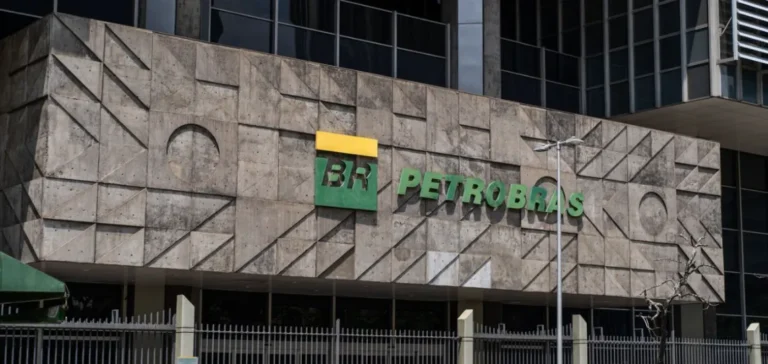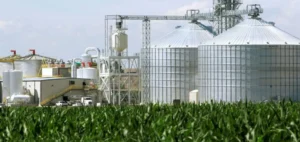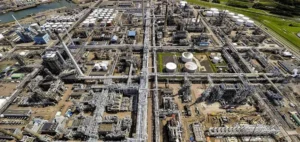Petrobras is considering a strategic move to reenter the ethanol market, a sector it largely exited in 2017. On August 16, 2025, the newspaper O Globo revealed that the company is evaluating a possible investment in Raízen, a key player in the biofuels sector, owned by Cosan and Shell. Two options are currently on the table: direct equity participation or the targeted acquisition of ethanol-related assets.
Both companies have declined to comment publicly on the matter. However, sources close to the discussions confirm that internal talks have been progressing for several months. The operation would fall under Petrobras’ 2025–2029 strategic plan, which allocates $2.2 billion in investments for the ethanol segment.
Industrial Stakes and Scope of the Operation
Raízen is currently the world’s largest producer of sugarcane ethanol and one of the few companies operating commercial-scale second-generation (2G) cellulosic ethanol plants. It operates 29 plants in Brazil, owns significant agricultural assets, and manages a distribution network of over 8,000 Shell-branded service stations across Brazil, Argentina, and Paraguay.
This industrial positioning offers Petrobras strategic access to downstream infrastructure as it seeks to rebalance its portfolio between conventional oil and alternative fuels. However, Raízen’s retail fuel operations complicate the potential deal due to Petrobras’ contractual obligations with Vibra Energia.
Non-Compete Agreement and Workarounds
Petrobras is bound by a non-compete clause signed at the time of the sale of its former subsidiary BR Distribuidora, which prohibits any reentry into the fuel distribution market before 2029. This legal constraint prevents direct participation in Raízen’s retail activities unless the transaction is specially structured.
Among the options being considered are the legal separation of relevant assets (“segregação de ativos”) or the establishment of governance mechanisms that would limit Petrobras’ influence over distribution operations. Petrobras President Magda Chambriard publicly reaffirmed the company’s commitment to honoring its contractual obligations, while also noting that the possibility of returning to the downstream segment is being strategically assessed for the medium term.
Raízen’s Financial Strain and Capital Opening
Current market conditions may favor the operation. Raízen reported a net loss of BRL 1.8 billion in the first quarter of the 2025/26 crop year, following a net profit of BRL 1.1 billion during the same period the previous year. This operational downturn has led to a significant drop in the company’s share price.
Under financial pressure, Cosan—Raízen’s principal shareholder—has stated its openness to welcoming a new investor. Petrobras’ equity entry would likely be viewed as a stabilizing force in the short term, helping to reinforce Raízen’s industrial capabilities amid volatility in agricultural and energy markets.
Economic and Structural Implications
For Petrobras, the transaction serves a dual objective: securing access to large volumes of biofuels while remaining compliant with existing legal obligations. Increased exposure to the ethanol segment would also support long-term revenue diversification, particularly in response to oil price volatility.
The move carries political implications as well. Brazil’s current administration, led by Luiz Inácio Lula da Silva, supports a stronger Petrobras presence in domestic energy security initiatives. Reentering the ethanol sector may thus be seen as a strategic move—both industrial and national in scope—though it has also sparked debate over potential state re-engagement in downstream markets.
Strategic Positioning and Market Signals
Since 2023, Petrobras has been redirecting its portfolio to focus more heavily on segments less reliant on hydrocarbons. By November 2024, it had already initiated exploratory talks with Raízen, Inpasa, and BP on biofuels partnerships. This approach reflects a broader strategy aimed at building a more resilient portfolio aligned with national energy priorities.
For Raízen, Petrobras’ entry would send a strong signal to the market and improve its financial stability. For Petrobras, the partnership could mark a measured return to a sector it exited for structural and economic reasons in 2017, during a period focused on upstream (exploration/production) operations.






















